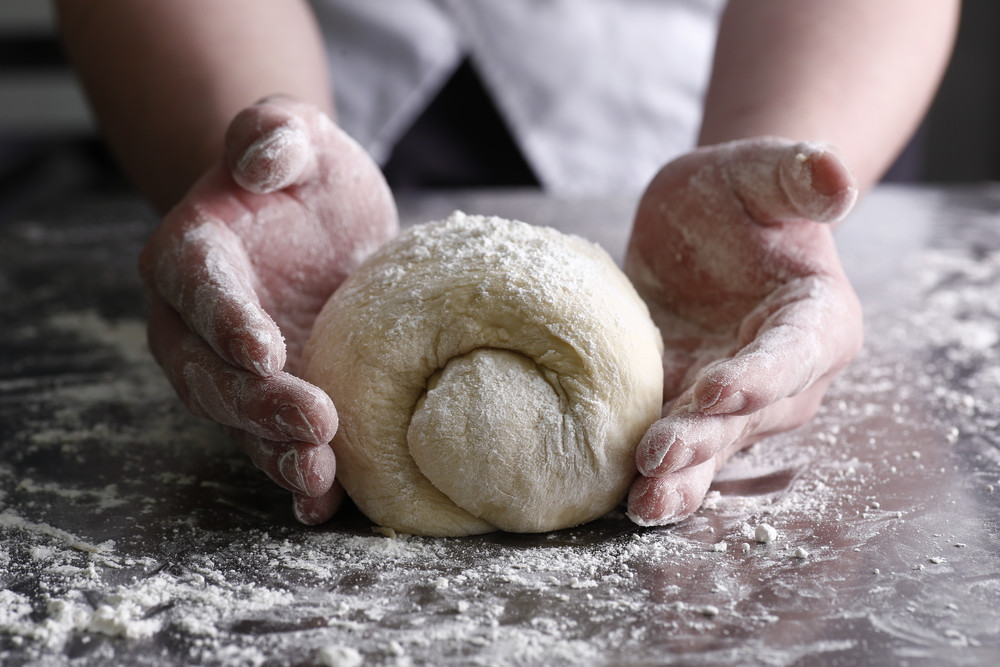Popular Reads
Top Results
Can't find what you're looking for?
View all search resultsPopular Reads
Top Results
Can't find what you're looking for?
View all search resultsImmerse yourself in an engaging activity to cope better with staying at home
Change text size
Gift Premium Articles
to Anyone
N
ew research has found that if you're struggling to cope with the current COVID-19 lockdowns, then finding your "flow" in a new hobby could help.
Carried out by researchers at University of California Riverside, USA along with the Central China Normal University and Nanjing University in China, the new study looked at 5,115 Chinese participants aged from 15 to 71.
The participants were asked to complete surveys during the peak of China's COVID-19 quarantine to assess their well-being during the previous week. The surveys also assessed how two coping methods could help the participants cope with the stress of the lockdown: mindfulness, which is focusing on the present moment through meditation or other mindfulness practices, and flow, which is the state of being completely immersed in an activity, so immersed that it's difficult to think of anything else.
The researchers explain that various activities can help people achieve flow depending on how challenging they are, including playing video games, studying a foreign language, baking, woodworking and jogging, however, popular pastimes such as reading and watching TV are not classified as flow activities.
Read also: How to take care of your skin in quarantine
The findings, which have not yet been published in a journal but are available online as a pre-print version, showed that unsurprisingly, the participants were less happy living under quarantine than when they were not in quarantine. Moreover, the longer the quarantine lasted, the unhappier the participants became.
However, taking part in flow activities appeared to help boost participants' well-being, with the team finding that those who found their flow reported more positive emotion, less severe depressive symptoms, less loneliness, more healthy behaviors and fewer unhealthy behaviors. In addition, the benefits of flow activities increased the longer the quarantine lasted.
Kate Sweeny, a professor of psychology at UC Riverside, commented that it's possible that finding the right activity for you during quarantine could lead to the same level of well-being during quarantine as one experiences when not under lockdown. "It's a bold statement. But there are lots of reasons for this, and the data are compelling," she said. "Flow seems to mitigate the negative effects of quarantine."
"Flow significantly moderated the relationship between quarantine length and most measures of well-being," the authors reported in the study.
"Our findings provide timely guidance to those experiencing distress associated with quarantine conditions," wherever people are experiencing them now."
"As a quarantine wears on, people may find that the tedium of isolation allows their worries to run wild, with little else to keep their mind occupied. If instead people can find activities that absorb their attention, the days feel shorter and the weeks, therefore, more tolerable."
"The time will pass more quickly if you find your flow," added Sweeney. "When you're feeling antsy, look for activities that are engaging."











